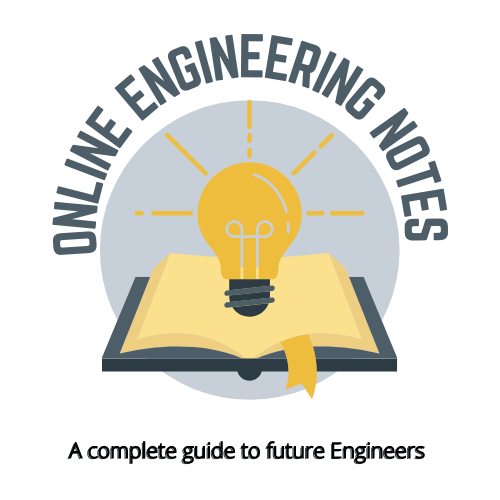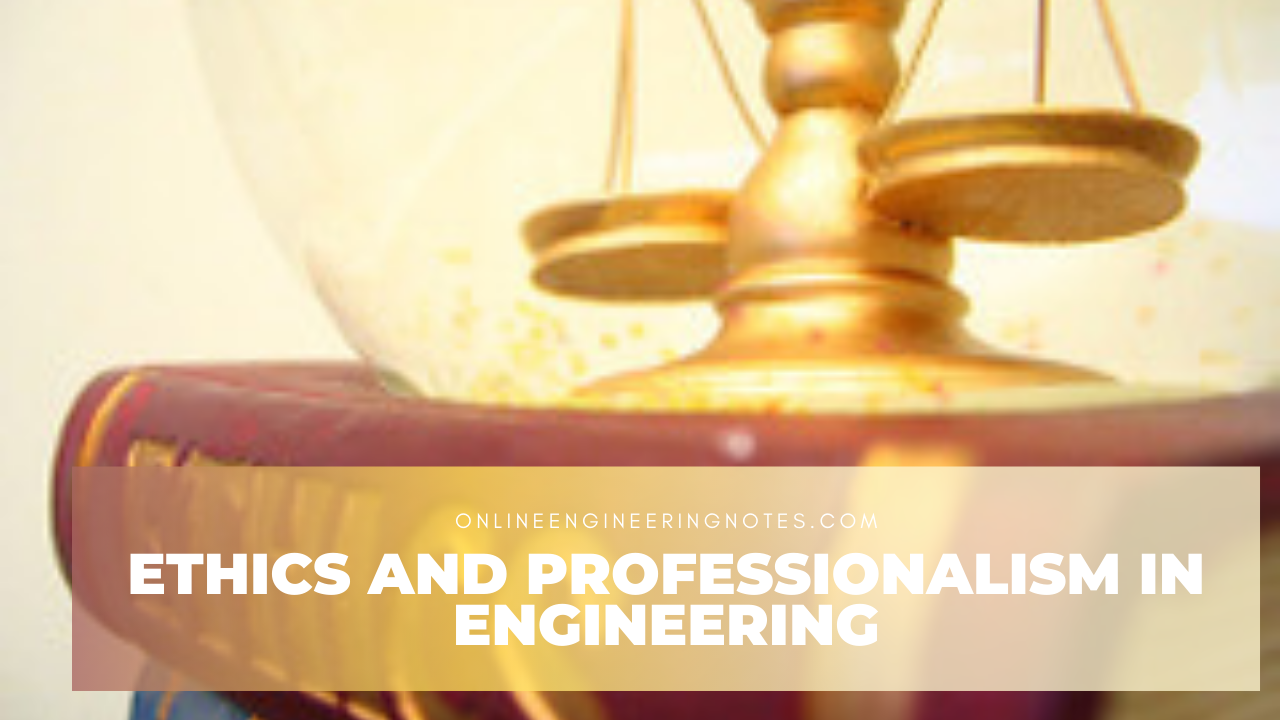1.1 Moral, ethics and professionalism
Moral:
- It is a personal sense of right and wrong that guides individual behavior based on values.
Ethics:
- It is a shared principles of right and wrong that helps groups or professions make decisions.
Professionalism:
- Behaving responsibly and ethically in one’s field of work.
1.2 Characteristics of ethical decision making
- Consideration of consequence: Evaluating potential outcomes of choices.
- Fairness: Treating all parties equally.
- Transparency: Making decision openly and honestly.
- Respect for others: Recognizing the rights and dignity of individual.
- Honesty: Providing accurate information and truthfulness.
- Accountability: Taking responsibility for choices and action.
- Long term view: Considering sustainable decision.
1.3 Liability of engineers in design, construction and implementation of projects
Liability is a legal responsibility for actions or outcomes.
Sources of liability:
1. Liabilities due to contract:
- Breaking agreement made.
- Not keeping promises.
2. Liabilities due to criminal law:
- Committing criminal activity.
- Engaging in illegal activities can result in legal liability.
3. Liabilities due to tort:
- Causing harm or injury to others.
- Negligence or intentional harm leading to legal liability.
Types of Liability:
1. Vicarious Liability:
- Being responsible for someone else’s actions.
- If your employee does something wrong at work you are also responsible.
Test to ascertain degree of vicarious liability:
- Control test: To check if the person who caused harm was directed by other parties.
- Business integration test: To check if the person causing harm was closely connected to the liable party’s business.
- Multiple test: Both control and business factor.
2. Partnership Liability:
Sharing responsibility in a business group.
1.4 Loss of professionalism
Causes:
- Lack of respect
- Poor communication
- Dishonesty
- Lack of accountability
- Unethical action
1.5 Ethical issue in professional engineering in dealing with other professions
- Accounting: Providing false financial information.
- Banking: Misusing private client data.
- Law: Offering biased or incorrect legal advice.
- Journalism: Giving inaccurate technical information to media.
- Management: Sacrificing safety for quicker profit.
References:
- Giddens, A. (2009). Sociology. Polity Press.
- Kumar, A. (2014). Engineering Ethics and Human Values. Laxmi Publications.
- Schaefer, R.T. (2018). Sociology: A Brief Introduction. McGraw-Hill Education.
- Manual of Engineering Professional Practice (Nepal Engineering Council)

